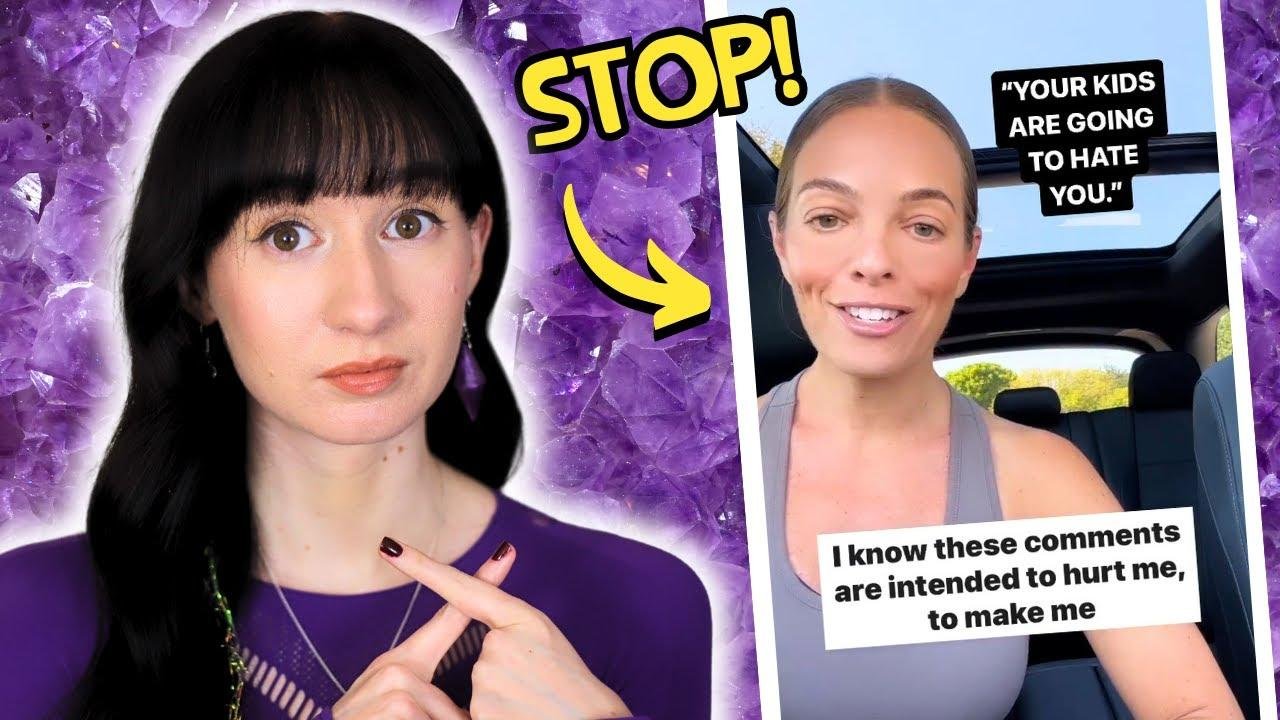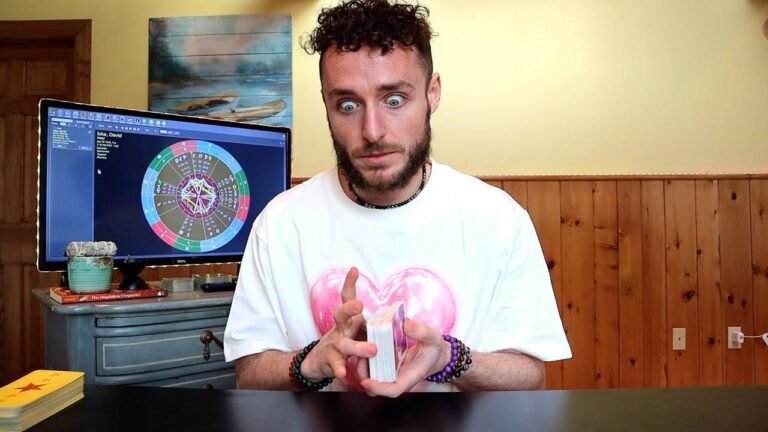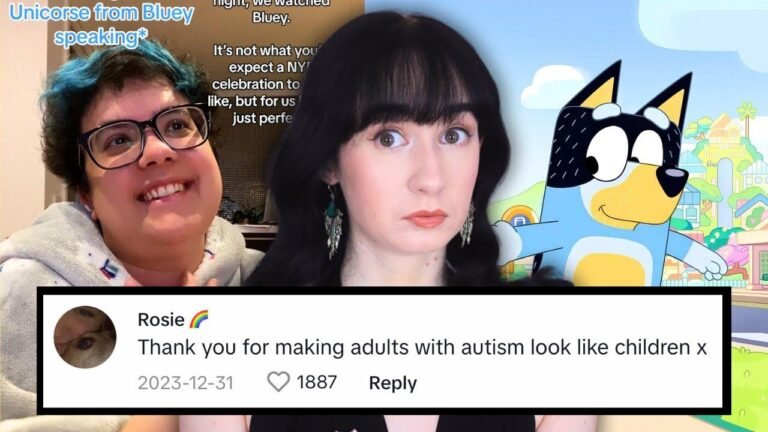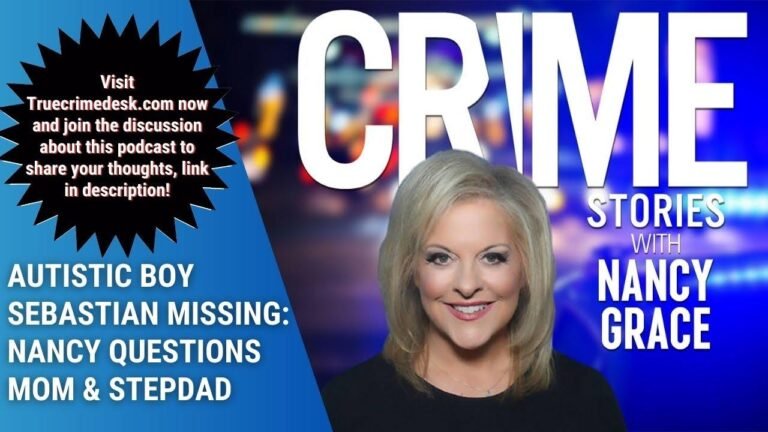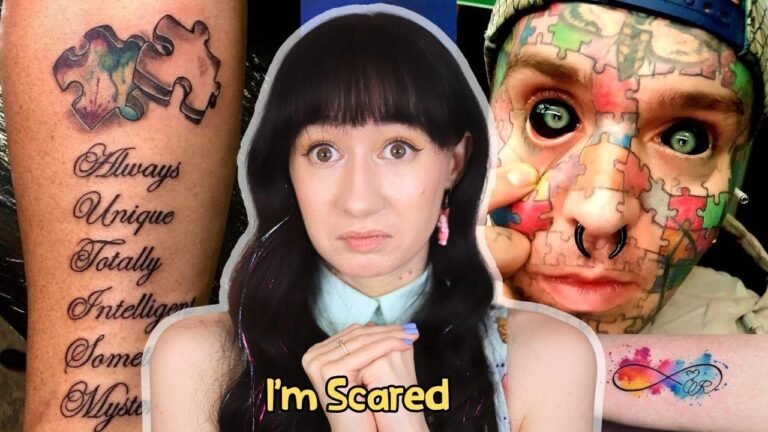Your Children will Disapprove | Autism Impacting
Autism is like trying to blend in with a kangaroo when you’re a fish. School activities felt like being under a spotlight. People need to understand the power of privacy for autistic kids. Autistic individuals deserve to be seen and heard on their own terms, not for public spectacle. Sharing kids’ vulnerable moments for content is a slippery slope. It’s all about balance and respect for their privacy. Let them choose their own identity. The power to disclose should be in their hands, not for public consumption. Autism isn’t something to be shamed or paraded around for likes. Let kids be themselves without exploiting their struggles. It’s all about respect and understanding. 🌈
Table of Contents
- Introduction
- Growing Up on the Spectrum
- The Impact of Autism on Daily Life
- Navigating the Social Landscape
- Is Public Disclosure Necessary?
- The Power of Personal Choice
- Sensitive Topics: Disability and Neurodiversity
Growing Up on the Spectrum 🌈
As a child, navigating the world with autism was a challenging experience. Simple activities like school, socializing, or even personal grooming often presented unique difficulties. The constant struggle to fit in, coupled with the sensory overload experienced by many on the spectrum, made everyday life a complex juggling act.
The School Experience 📚
| Challenges Faced | Coping Mechanisms |
|---|---|
| Social awkwardness and isolation | Finding solace in personal activities |
| Sensory overload in the classroom | Seeking refuge in familiar spaces |
The Impact of Autism on Daily Life 🧠
Sensory Overload and Personal Grooming
The sensory sensitivity experienced by many individuals with autism can make ordinary experiences like styling hair incredibly uncomfortable. From the feeling of a tight ponytail to the sensation of a clip on the scalp, daily grooming can become a source of distress rather than enjoyment.
| Struggles | Coping Strategies |
|---|---|
| Discomfort with ponytails or tight hairstyles | Opting for loose, comfortable styles |
| Sensory aversion to certain hair accessories | Choosing grooming methods that minimize discomfort |
Navigating the Social Landscape 🌎
The Role of Social Media in Shaping Perceptions
Public platforms like Instagram have become a battleground for the portrayal of autism. While there is a growing push for inclusion and representation, the line between empowerment and exploitation can often be blurred. The decision to showcase autism in a public light is a deeply personal choice that raises questions about consent, privacy, and self-identity.
| Public Disclosure: Pros | Public Disclosure: Cons |
|---|---|
| Promoting awareness and understanding | Stripping individuals of autonomy and privacy |
| Encouraging personal empowerment | Invading personal boundaries |
Is Public Disclosure Necessary? 🤔
Parental Consent and Personal Autonomy
The public portrayal of autism often extends to children, sparking debates about consent and autonomy. While parents may have good intentions, the act of exposing their children’s challenges and experiences on public forums is a topic of ethical complexity. The right to privacy and personal choice becomes a pivotal issue in these discussions.
"The decision to share my child’s autism diagnosis shouldn’t take away their personal agency. It’s about respecting their privacy and autonomy."
The Power of Personal Choice 💪
The Consequences of Public Exposure
Public disclosure comes with wide-ranging consequences, affecting the individual’s sense of identity, self-worth, and privacy. The decision to share personal experiences on a public platform should be weighed against the potential impact on the individual’s life.
| Personal Empowerment | Ethical Considerations |
|---|---|
| Choosing self-identification | Respecting personal boundaries |
Sensitive Topics: Disability and Neurodiversity 🌟
The Stigma Surrounding Autism
In a world where disability is often stigmatized, individuals on the autism spectrum face unique challenges. The choice of public disclosure and visibility becomes a significant factor in shaping their self-perception and societal acceptance.
| Challenging Stigmas | Embracing Individuality |
|---|---|
| Overcoming societal bias | Fostering self-acceptance |
In conclusion, the portrayal of autism on public platforms serves as a double-edged sword, offering visibility and advocacy while potentially encroaching on personal boundaries. The ethical implications of public disclosure and representation require careful consideration, emphasizing the value of personal choice, autonomy, and respect for individual privacy.

